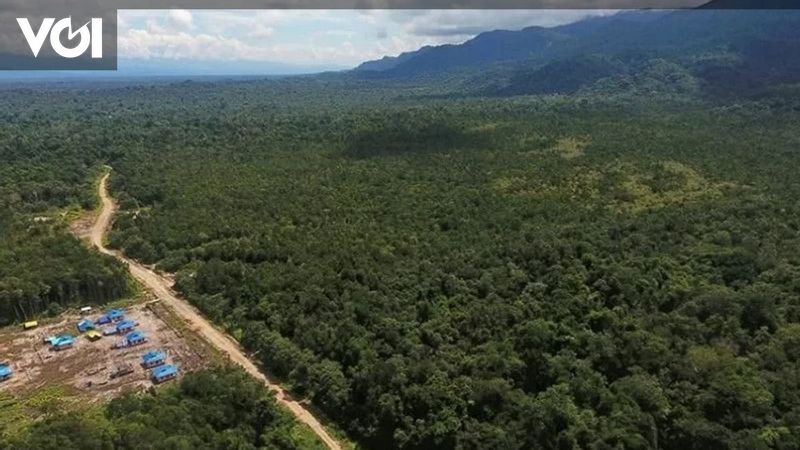Understanding Papua's New Autonomy: A Positive Step for Indonesia
In a landmark move, the Indonesian House of Representatives (DPR) has given the green light to the establishment of three new provinces within the Papua region, marking a significant shift in the country’s administrative landscape. As of June 30, 2022, Indonesia now boasts 37 provinces, a notable increase from 34, following the passage of the Papua New Autonomous Region Law (DOB) aimed at enhancing governance and regional development. This is an exciting opportunity for Papua, not only because it aligns with Indonesia’s legal framework but also because it sets the stage for a brighter future.
What's Behind the New Autonomous Regions?
The formation of these new provinces—South Papua, Central Papua, and Papua Mountains—comes as part of the ongoing implementation of Law Number 2 of 2021, which focuses on Special Autonomy for Papua. This law exemplifies a commitment to promoting local governance and empowering the people of Papua to manage their resources effectively. Article 76 of the law highlights the importance of regional autonomy, giving Papua’s residents a voice in shaping their future.
Highlights of the New Regions
1. South Papua Province: This province, which includes the capital Merauke, is the largest area in the region. It plays a crucial role due to its geographical proximity to Papua New Guinea. The new administrative structure aims to bolster economic opportunities and enhance infrastructure development.
2. Central Papua Province: Encompassing key areas such as Timika and Nabire, this province is rich in natural resources and cultural diversity. The inclusion of 50 islands in the region offers immense potential for tourism and sustainable development initiatives.
3. Papua Mountains: Unique for being the only province in Indonesia that does not border any sea, the mountainous terrain hosts some of the country’s tallest peaks like Puncak Mandala. This capability for tourism, especially eco-tourism, can put Papua on the map and attract visitors keen to explore its breathtaking landscapes.
Looking Forward
The establishment of these new provinces reflects the Indonesian government’s ongoing commitment to enhance autonomy and development in Papua, paving the way for greater economic growth and social stability. As the region harnesses its potential, it has the opportunity to become a vital part of Indonesia’s broader national development narrative.
This transformation is not without its challenges, but with the right strategies in place, Papua can indeed thrive. This shift towards autonomy enables local leaders to tailor policies to the unique needs of their communities, thereby fostering a sense of ownership and accountability.
In summary, the creation of Papua’s new autonomous regions serves as a beacon of hope and opportunity, aligning governance with cultural and geographical realities. As Papua ventures into this new chapter, the world watches with interest.
Stay tuned with Africazine for more updates about the evolution of Indonesia’s provinces and how these changes will shape the future of Papua!
#WorldNews #Politics #Tourism #Lifestyle



